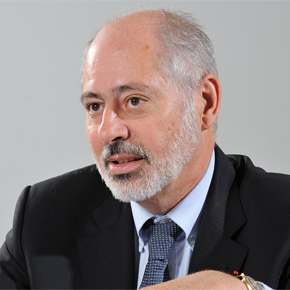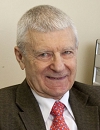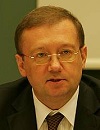 |
||
|
5 States Agree to Help Russia Build Heavy-Ion Collider RIA Novosti, PUBLISHED August 09, 2013 Germany, Bulgaria and three former Soviet republics have agreed to join efforts with Russia to build a heavy-ion collider in a Moscow suburb, according to a letter of intent, signed Thursday. The collider, planned to be built by 2017 on the premises of the already existing Nuclotron particle accelerator in the town of Dubna, will reportedly be able to accelerate and collide protons and relatively heavy ions, such as gold, to study a recently discovered phase of matter, a plasma of fundamental particles quarks and gluons. The memorandum of intent “is a formal expression of interest of these countries in working out legal, organizational, scientific and financial issues that must be resolved to ensure the participation of these countries in the implementation of the NICA megaproject,” Matveyev told RIA Novosti. Topics: Russia Other news: China Offers Russia Floating Nuke Plant Joint Project It was proposed that a joint venture should be established with investments from both sides. Russia Eyes Nuclear Power Project in Finland – Source A government source told RIA Novosti. The transaction on consolidation of a 100% stake in Uranium One Inc. by ARMZ Uranium Holding Co. has been approved both by the Ontario Superior Court of Justice in Canada, and regulators in Russia, Australia and the USA. |
Hero of the day 
Jacques Repussard: knowledge, independence, proximity They told me: "Mr Repussard, we're not used to responding to anti-nuclear organisations". To which I replied: "We will not reveal any state or trade secrets, but we will not leave them without any answer". INTERVIEW
Georgy Toshinsky OPINION
Alexander Yakovenko |

